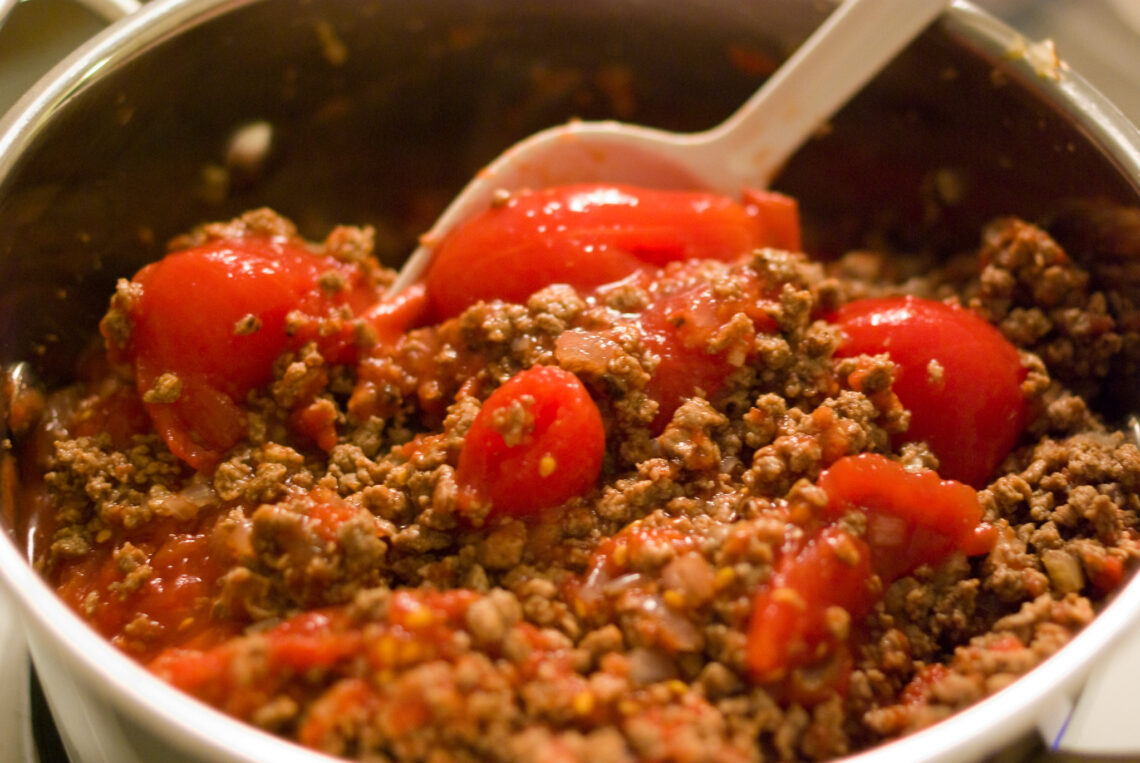In today's environment, many people face a daily battle with the scale and cholesterol. This struggle not only brings with it an emotional burden, but also health risks that can be serious. Red meat, a food loved by many, is often associated to an increase in “bad” cholesterol and other health problems. What if I told you that there is a healthy alternative that can also satisfy your palate?
Mycoproteins: beyond red meat
The world is exploring more and more vegetable alternatives to red meat, and one of the most convincing solutions seems to lead to mushroom proteins, in particular Quorn. Not only does this mushroom-based substitute show promise in reducing 'bad' cholesterol, it also takes a step towards reducing waistlines, a win for those looking for a heart-friendly solution without compromising on flavor.
Mycoprotein exploration is not just a fad: it is serious scientific investigation. In recent research conducted by Northumbria University (I link it to you here), 20 healthy male adults were divided into two groups: one consumed 240 grams of processed red meat, the other consumed an equivalent amount of Quorn over two 14-day periods. The results? A significant reduction in "bad" cholesterol (-12%) and waist size (1 cm) in the group that consumed mycoproteins. In just two weeks. This suggests that mycoproteins may be an ally in the fight against cardiovascular disease, a problem that affects millions of people around the world.

Quorn, the mushroom route
Originating in the UK and now available in 14 countries, Quorn was one of the pioneers in the field of meat alternatives. Its unique mushroom composition offers a source of alternative protein and less saturated fat than red meat. This translates to a reduced risk of heart disease and other health problems associated with red meat consumption.
Really promising preliminary results, which obviously need to be supported by further research. The sample size of the study was small and the observation period was short. It is essential that future studies with larger samples and longer observation periods are conducted to confirm these findings. Furthermore, it is crucial to examine the long-term impact of introducing mycoproteins into the daily diet.
Conclusion: an invitation to explore and reflect
Research on replacing red meat with mycoprotein opens up an interesting discussion about how we can make more informed dietary decisions to improve our health. While we need more research to fully understand its benefits and impacts, exploring food alternatives like Quorn represents a step towards a healthier and more sustainable future.
And given the growing awareness of the links between diet, health and sustainability, it's a journey worth exploring together.


